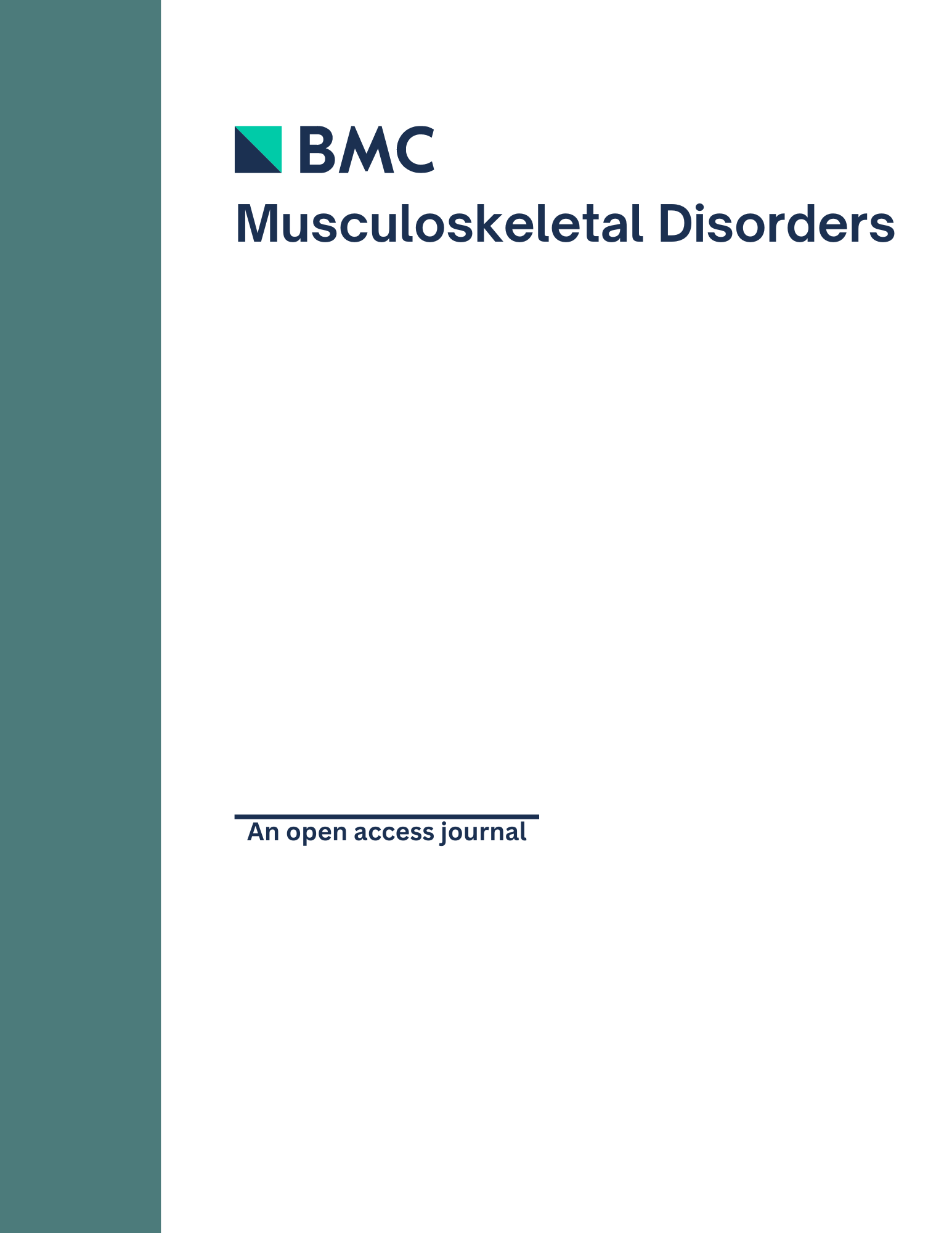
Preemptive analgesia may improve post-op pain management in ACL reconstruction

Preemptive analgesia may improve post-op pain management in ACL reconstruction
Comparing etoricoxib and celecoxib for preemptive analgesia for acute postoperative pain in patients undergoing arthroscopic anterior cruciate ligament reconstruction: A randomized controlled trial
BMC Musculoskelet Disord. 2010 Oct 25;11:246Did you know you're eligible to earn 0.5 CME credits for reading this report? Click Here
Synopsis
102 patients scheduled to undergo arthroscopic ACL reconstruction were randomized to receive etoricoxib 120 mg, celecoxib 400 mg, or placebo, 1 hour prior to operative incision. During the 48 hour post-operative period, pain scores and additional analgesia requirements were recorded to evaluate analgesic efficacy of these two drugs. It was observed that the post-operative pain management at 8 hours was better achieved by using single preemptive dose of etoricoxib than celecoxib or a placebo.
Was the allocation sequence adequately generated?
Was allocation adequately concealed?
Blinding Treatment Providers: Was knowledge of the allocated interventions adequately prevented?
Blinding Outcome Assessors: Was knowledge of the allocated interventions adequately prevented?
Blinding Patients: Was knowledge of the allocated interventions adequately prevented?
Was loss to follow-up (missing outcome data) infrequent?
Are reports of the study free of suggestion of selective outcome reporting?
Were outcomes objective, patient-important and assessed in a manner to limit bias (ie. duplicate assessors, Independent assessors)?
Was the sample size sufficiently large to assure a balance of prognosis and sufficiently large number of outcome events?
Was investigator expertise/experience with both treatment and control techniques likely the same (ie.were criteria for surgeon participation/expertise provided)?
Yes = 1
Uncertain = 0.5
Not Relevant = 0
No = 0
The Reporting Criteria Assessment evaluates the transparency with which authors report the methodological and trial characteristics of the trial within the publication. The assessment is divided into five categories which are presented below.
2/4
Randomization
3/4
Outcome Measurements
4/4
Inclusion / Exclusion
4/4
Therapy Description
4/4
Statistics
Detsky AS, Naylor CD, O'Rourke K, McGeer AJ, L'Abbé KA. J Clin Epidemiol. 1992;45:255-65
The Fragility Index is a tool that aids in the interpretation of significant findings, providing a measure of strength for a result. The Fragility Index represents the number of consecutive events that need to be added to a dichotomous outcome to make the finding no longer significant. A small number represents a weaker finding and a large number represents a stronger finding.
Why was this study needed now?
Selective COX-2 inhibitors offer a pragmatic alternative to conventional NSAIDs and opiates for the relief of postoperative pain. Although both etoricoxib and celecoxib (selective COX-2 inhibitors), have shown to reduce post-operative pain, the comparative efficacy of these agents had not been studied. The current study aimed to investigate the superiority of one drug over the other in anterior cruciate ligament reconstruction surgery.
What was the principal research question?
Does etoricoxib or celecoxib offer the best efficacy as a single-dose preemptive analgesic for post-operative pain relief in patients undergoing arthroscopic ACL reconstruction?
What were the important findings?
- Postoperative mean pain satisfaction score between all three groups was similar on the VbAPS (Etoricoxib = 78.14, Celecoxib = 80.68, placebo = 72.22)
- Amount of paracetamol and fentanyl used, and the time to first dose of analgesic medication was similar in all groups (all p>0.05)
- Up to 8 hours post-op, the etoricoxib group had significantly less pain (p<0.05) (no differences in any other evaluation points)
- Number of adverse events was similar across all 3 groups. Only fever (p=0.005) and constipation (p=0.025) were significantly higher in the placebo group
- Mean blood loss in all groups was similar (p=0.663)
What should I remember most?
Etoricoxib was a more effective pre-operative analgesic than celecoxib and placebo in controlling postoperative pain in patients undergoing arthroscopic ACL reconstruction. Etoricoxib and Celecoxib did not reduce analgesic consumption, or time to first analgesic use.
How will this affect the care of my patients?
In order to improve post-op pain management in patients undergoing arthroscopic ACL reconstruction, etoricoxib may be used as a preemptive analgesic. Larger studies are needed to validate these findings.
Learn about our AI Driven
High Impact Search Feature
Our AI driven High Impact metric calculates the impact an article will have by considering both the publishing journal and the content of the article itself. Built using the latest advances in natural language processing, OE High Impact predicts an article’s future number of citations better than impact factor alone.
Continue



 LOGIN
LOGIN

Join the Conversation
Please Login or Join to leave comments.